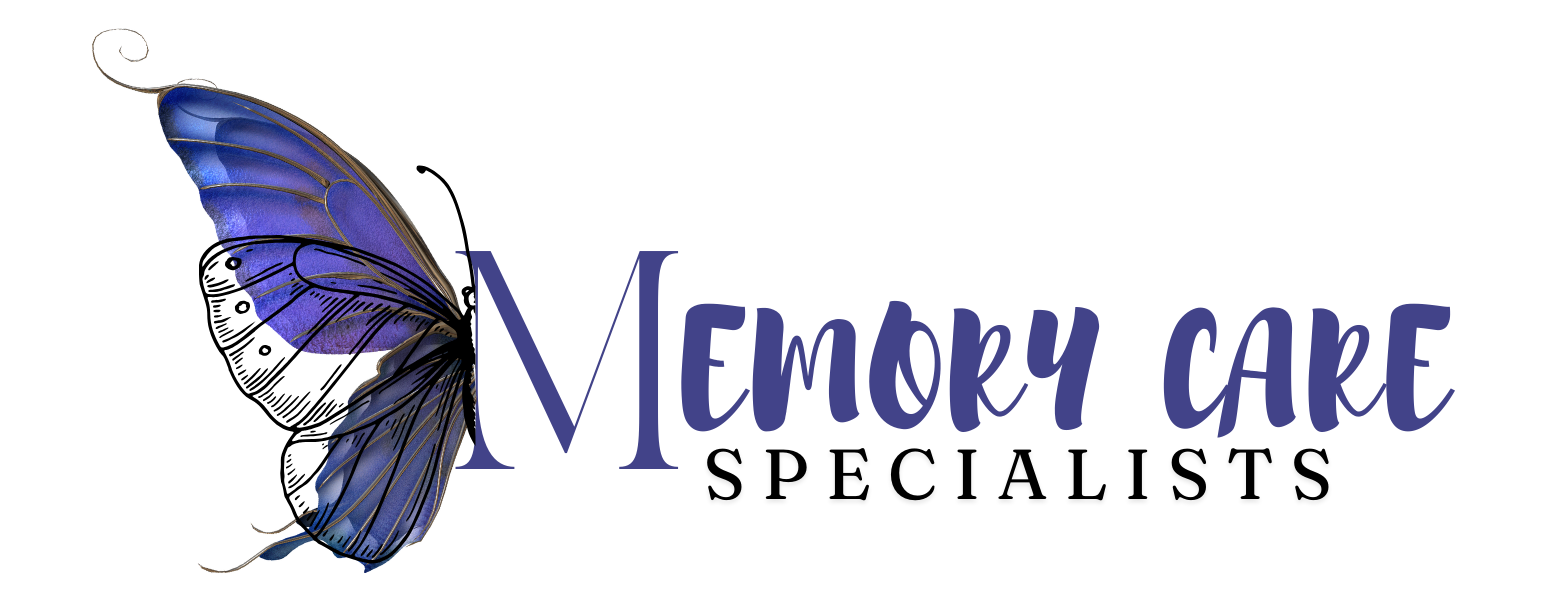As we journey through life, it’s natural for our bodies and minds to change. Aging, a universal process, can impact various aspects of our well-being, including cognitive function. It’s essential to recognize the difference between normal age-related changes and signs of more serious cognitive decline. In this blog post, we’ll explore the distinctions, and common misconceptions, and guide navigating the complexities of cognitive health.
Normal Aging: A Natural Process
- Memory Lapses: Occasional forgetfulness is a common aspect of normal aging. Misplacing keys or forgetting names might be part of the natural memory fluctuations that occur over time.
- Processing Speed: As we age, the speed at which we process information may slow down. It might take a bit longer to learn new things or recall details.
- Multitasking Challenges: Juggling multiple tasks can become more challenging with age. This is a typical result of changes in cognitive processing.
- Language Retrieval: While the breadth of vocabulary remains intact, the retrieval of specific words might become slower. This is often a benign aspect of the aging process.
Signs of Cognitive Decline: When to Seek Attention
- Persistent Memory Loss: Significant and consistent memory loss, especially for recent events, could be indicative of more serious cognitive decline.
- Disorientation: Getting lost in familiar surroundings, confusion about time and place, or an inability to recognize familiar faces are concerning signs.
- Difficulty Performing Familiar Tasks: Struggling to complete routine tasks, such as cooking or managing finances, may signal cognitive impairment.
- Personality Changes: Noticeable changes in mood, behavior, or personality that are not typical of the individual may suggest cognitive decline.
- Language Impairment: Difficulty in communication, such as forgetting familiar words, repeating phrases, or struggling to follow or join a conversation, can be a sign of concern.
Differentiating Between the Two: Seeking Professional Guidance
If you or a loved one are experiencing cognitive changes that cause concern, it’s crucial to seek professional evaluation. Healthcare providers can conduct assessments, including cognitive tests and imaging, to identify any underlying issues.
Maintaining Cognitive Health: Tips for Every Stage
- Stay Mentally Active: Engage in activities that challenge the mind, such as puzzles, reading, or learning a new skill.
- Physical Exercise: Regular physical activity has been linked to improved cognitive function. Aim for activities that get your heart pumping.
- Healthy Diet: Nutrient-rich foods, including fruits, vegetables, and whole grains, support overall brain health.
- Social Engagement: Maintain meaningful social connections. Interaction with others has been associated with cognitive well-being.
Joining Mind Matters: Navigating Memory Health
At Mind Matters, we understand the nuances of cognitive health and aging. Explore our website for expert insights, supportive resources, and a community forum where experiences are shared, and knowledge is gained. By fostering understanding and offering valuable tools, we empower individuals to navigate the complexities of cognitive health with confidence.
Remember, aging is a natural process, but vigilance and proactive care contribute to a fulfilling and healthy life. Stay informed, stay connected, and embrace the journey with a focus on overall well-being.
